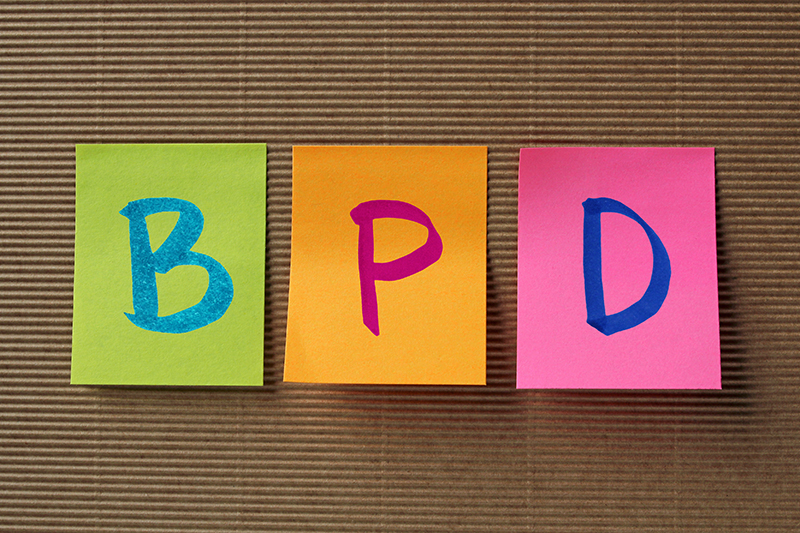Borderline Personality Disorder (BPD)
Borderline Personality Disorder Birmingham has successfully helped many clients deal with their instability and emotional issues,in the comfort of our therapy rooms in Edgbaston, Birmingham.
BPD is a disorder of instability and problems with emotions.
People with BPD are unstable in their emotions, their thinking,their relationships,their identity,and their behaviour.
Fear of abandonment and often rocky relationships are often present with BPD and emotionally people with BPD feel like they are on a roller coaster, with their emotions going up and down at the drop of a hat.
They may also have trouble with anger (either having anger outbursts or being so scared of anger that they avoid it entirely).
People with BPD act impulsively when they are upset and sometimes attempt suicide or engage in self- harm.
Often,people with BPD have problems with identity, thinking clearly and staying grounded when they are stressed.
A person with BPD may experience intense episodes of anger, depression, and anxiety that may last from only a few hours to days.
Some people with BPD also have high rates of co-occurring mental disorders, such as mood disorders, anxiety disorders, and eating disorders, along with substance abuse, self-harm, suicidal thinking and behaviours,
While mental health experts now generally agree that the label “borderline personality disorder” is very misleading, a more accurate term does not exist yet.
The 9 symptoms of BPD
- Fear of abandonment. People with BPD are often terrified of being abandoned or left alone.
- Unstable relationships.
- Unclear or unstable self-image.
- Impulsive, self-destructive behaviors.
- Self-harm.
- Extreme emotional swings.
- Chronic feelings of emptiness.
- Explosive anger.
- Feeling suspicious or out of touch with reality.
Seemingly ordinary events may trigger symptoms. For example, people with BPD may feel angry and distressed over minor separations—such as holidays, business trips, or sudden changes of plans—from people to whom they feel close. Studies show that people with this disorder may see anger in an emotionally neutral face and have a stronger reaction to words with negative meanings than people who do not have the disorder.
The causes of BPD are not yet clear, but research suggests that genetic, brain, environmental and social factors are likely to be involved.
Genetics.
BPD is about five times more likely to occur if a person has a close family member (first-degree biological relatives) with the disorder.
Environmental and Social Factors.
Many people with BPD report experiencing traumatic life events, such as abuse or abandonment during childhood. Others may have been exposed to unstable relationships and hostile conflicts. However, some people with BPD do not have a history of trauma. And, many people with a history of traumatic life events do not have BPD.
Brain Factors.
Studies show that people with BPD have structural and functional changes in the brain, especially in the areas that control impulses and emotional regulation. However, some people with similar changes in the brain do not have BPD. More research is needed to understand the relationship between brain structure and function and BPD.
Not all people with BPD are exactly alike and having BPD does not mean you are sick, unlikable, flawed or have some kind of illness or a bad personality.





